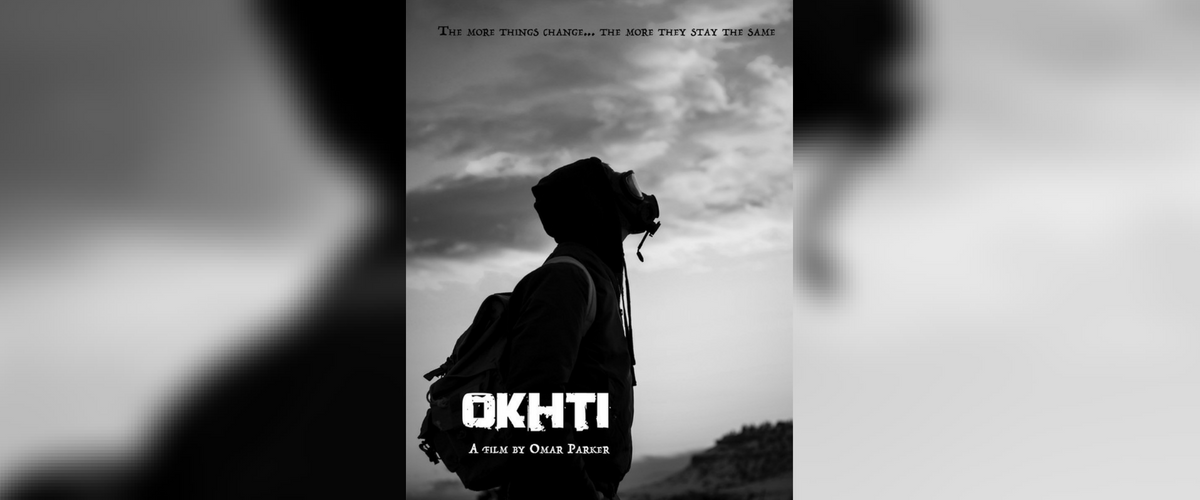
It has become certain that human nature will never change. Neither the whims of history nor the boldest literary projections have succeeded in seeing beyond the imperfect mechanism of the human soul, forcing us to resign to an inexplicable fatality. Even though, at first glance, ‘Okhti‘ seems to outline a catastrophic, post-apocalyptic scenario, this project actually talks about the intimate needs of the soul which, regardless of the malign contexts it experiences, constantly yearns for a saving micro-harmony. We had become accustomed to seeing some of the most exciting literary and cinematic dystopias as a sort of metaphors of the ever-revolting individual’s wishes, we had become accustomed to understanding these artistic works beyond their political dimension, and Omar Parker’s short film makes no exception to this rule. Obviously, this doesn’t diminish the quality of this project, but on the contrary, it facilitates access to the emotional needs of a teenager whose soul parabolically depicts the very fragility of the human being. Thus, the director’s film has the quality to synthesize in the profile of an authentic and touching character the intimate contradictions of an unpredictable species within which the angelic and the demonic sides are in a permanent conflict.
In a world traumatized by the destructive effects of a nuclear war, a disadvantaged girl tries to survive, working for rich foreigners passionate about paragliding. Trying to maintain an inner balance, bearing the aggressiveness of a domineering father, the protagonist dreams of a better life, but even her desire to go to school is not fulfilled. At a moment of silent emotional outburst, the young girl will commit a gesture that, while still condemning her to a miserable existence haunted by guilt, will give her a temporary comfort, taking revenge for the injustice of the world in which she lives.
It may sound inappropriate to consider this experiment a dystopia, since it doesn’t attack the general dehumanisation caused by the virus of politics. And yet, beyond its introductory part ticking the premises of this genre, this short film doesn’t actually speak of fictional dystopia, from a distant future, but of an actual, real one. Due to this, the degree of empathy created between the spectator and the protagonist is an essential component in the reception of the whole project. Director Omar Parker creates his short film starting from the facts of a concrete reality, synthesizing with particular sensitivity the elementary emotional impulses of the individual in a monochrome, poetic and brutal cinematic narration. ‘Okhti’ is a complex and emotional short film that, even if it has the profile of an experiment intended to a niche audience, manages to naturally synthesize the emotional paradoxes of the human being in search of truth and universal justice.
TMFF RATING:






